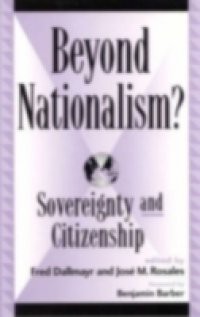In the last seventy years of its long and distinguished existence, the Habsburg monarchy was plagued by the forces of rising nationalism. Still, it preserved domestic peace and provided the conditions for social, economic, and cultural progress in a vast area inhabited by eleven major nationalities and almost as many confessional groups. This study investigates the social origin, education, training, code of honor, lifestyle, and political role of the Habsburg officers. Simultaneously conservative and liberal, the officer corps, originally composed mainly of noblemen, willingly coopted thousands of commoners--among them an extraordinary number of Jews. Even during World War I, the army and its officers endured, surviving the dissolution of the state in October 1918, if only by a few days. The end of the multinational Habsburg army also marked the end of confessional and ethnic tolerance in Central and East Central Europe.

